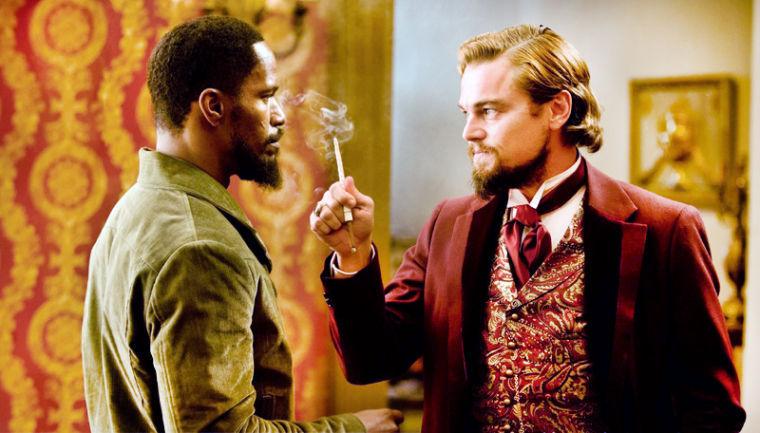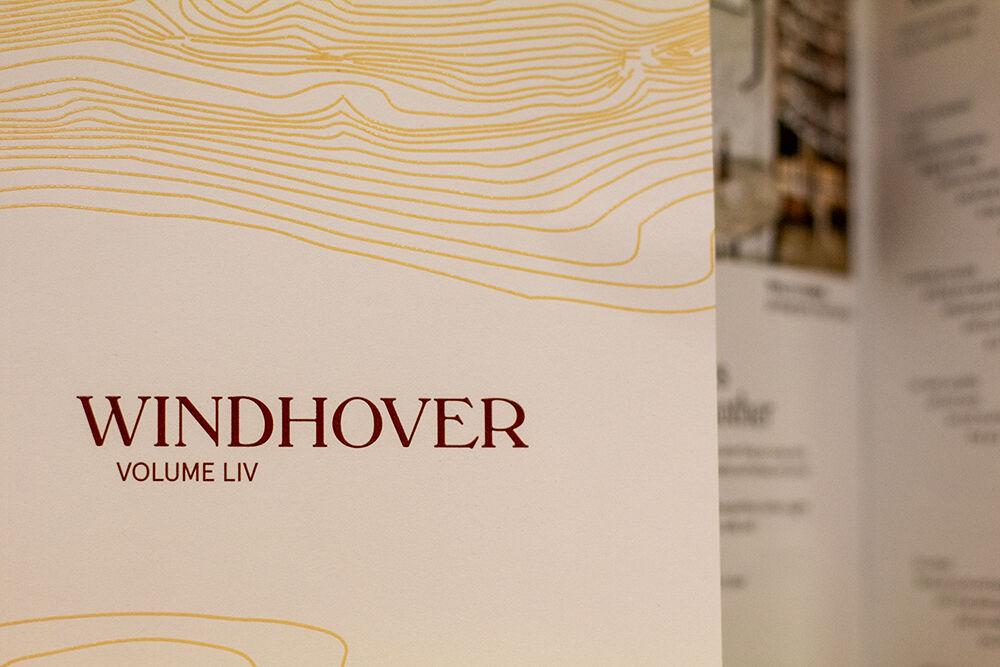Django Unchained Review
Director: Quentin Tarantino
4.5 out of 5 stars
Quentin Tarantino has always been a divisive filmmaker. Since his directorial debut Reservoir Dogs, his penchant for nonlinear storytelling, over-the-top violence and snarky dialogue have fascinated some and driven away others. However, Tarantino has never let public opinion keep him from bringing his unique visions to the silver screen.
As such, Django Unchained fits perfectly in Tarantino’s filmography. For some, that’s more than enough to tell them whether or not they should see Django, but there’s more to consider when it comes to Tarantino’s take on the western.
Django Unchained follows Jamie Foxx as Django, a slave taken under the wing of bounty hunter Dr. King Schultz (Christoph Waltz). Schultz needs Django’s help to find the Brittle brothers. In exchange, Schultz promises Django his freedom and to assist him in finding his wife Broomhilda (Kerry Washington).
The film has an episodic feel to it, which is nothing new for a Tarantino film. However, thanks to the focus on Django and Schultz, the film is able to give a much greater amount of character development to its protagonists than in Tarantino’s last film, Inglourious Basterds.
The characters in Django Unchained are easily the highlight, thanks to a mix of stellar performances and Tarantino’s sharp writing. Foxx nails the simmering rage that fills Django and makes his transformation into a skilled gunslinger entirely believable.
Equally impressive is Leonardo DiCaprio as Calvin Candie, the plantation owner that has Broomhilda. DiCaprio’s southern sadist is a great villain with a twisted sense of honor and nobility. Candie is easily one of the actor’s best performances, with DiCaprio elevating what could’ve been a very cartoonish character into a complex, threatening figure.
However, the absolute standout is Waltz as Django’s bounty hunter mentor Schultz. Waltz brings the same intensity and screen presence he did in Inglourious Basterds, but with an expanded role, he is able to truly shine. Schultz is simply a delight to watch interact with other characters, and his smug attitude instead comes across as charming.
The only weak link in the film is Samuel L. Jackson as Candie’s conniving house slave Stephen. It’s not that Jackson isn’t enjoyable; it’s that he never really comes across as playing a role. While the other actors all lose themselves in their roles, Jackson’s Stephen just feels like the actor being himself, which hurts the film overall.
What brings the characters to life is the strong script and direction from Tarantino. As is to be expected from the filmmaker, the movie’s tone can shift in an instant, rapidly turning from comedy to action to drama. What’s impressive is that these shifts never feel jarring, with both the actors and the presentation making the changes work.
Another thing to be expected from a Tarantino film is a high level of blood and violence, which Django delivers. While no film may ever match the body count of Tarantino’s Kill Bill films, Django still manages plenty of gory scenes. Still, the presentation manages to keep the bloodier moments from being too disturbing.
At over two-and-a-half hours, Django Unchained never overstays its welcome. With a series of exciting subplots, a strong cast of characters and a solid mix of humor and drama, Django Unchained is proof that Tarantino is still a director at the top of his game.








